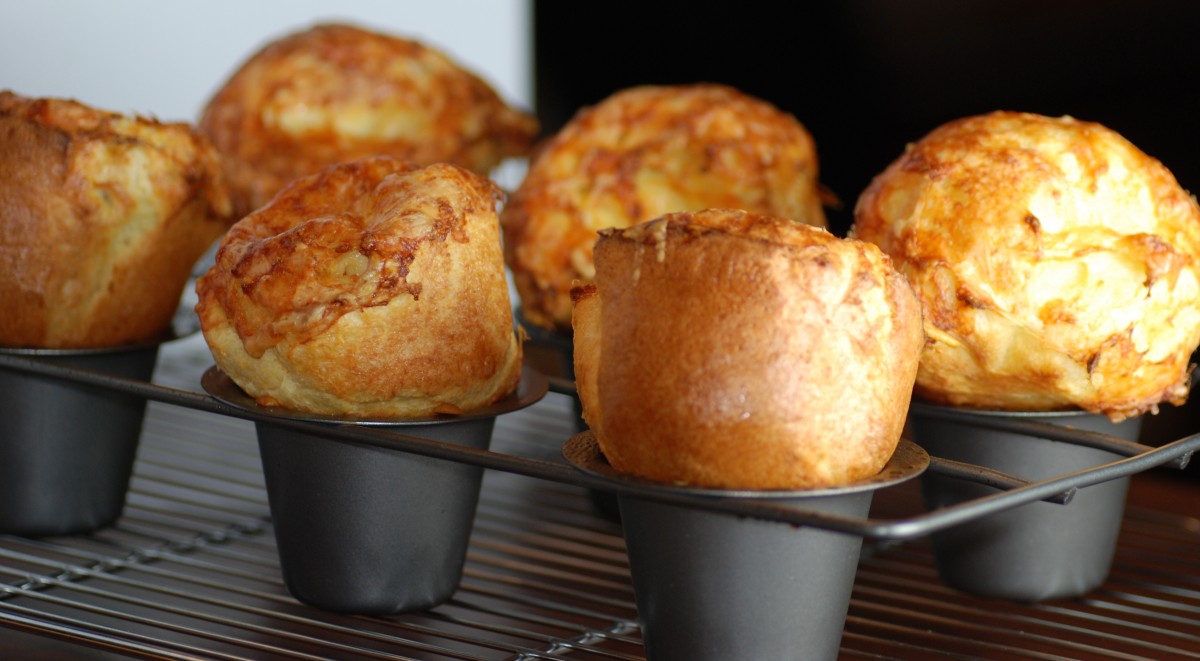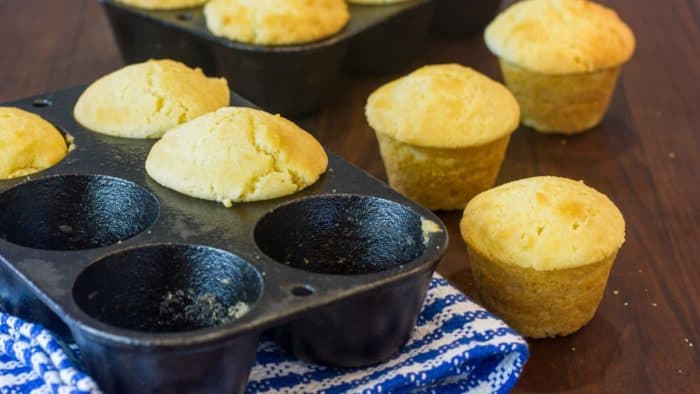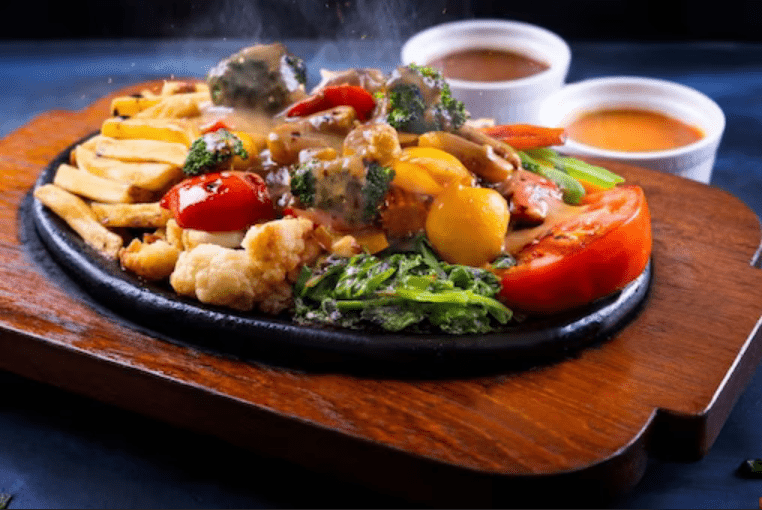In the realm of baking, the choice of cookware can make a significant difference in the outcome of your culinary creations. Two popular options that often come into consideration are cast iron muffin pans and aluminum muffin pans. For kitchen professionals, understanding the nuances of each material is essential to achieving the perfect bake.
The debate over cast iron muffin pan vs aluminum is not just about preference but about the distinct characteristics each brings to the table. Both materials have their advantages and drawbacks, influencing factors such as heat distribution, durability, and maintenance.

Understanding the Basics of Cast Iron and Aluminum
Cast Iron: A Time-Tested Classic
Cast iron has been a staple in kitchens for centuries, revered for its durability and even heat distribution. A cast iron muffin pan is known for its ability to retain heat, which results in consistent baking. The material is especially favored for recipes that require a crispy exterior and a soft interior. Additionally, cast iron develops a natural non-stick surface over time when properly seasoned.
For those interested in exploring the best brands for cast iron muffin pans, you might want to check out the article on best cast iron muffin pan brands.
Aluminum: Lightweight and Efficient
Aluminum muffin pans are prized for their lightweight nature and excellent heat conductivity. This material heats up quickly and evenly, which can be a boon when time is of the essence in a busy kitchen. Aluminum pans often come with a non-stick coating, making for easy cleaning and release of muffins.
However, for those who are keen on safety and potential health concerns, you can delve deeper into the topic by reading about the safety of cast iron muffin pans.
Factors to Consider When Choosing Between Cast Iron and Aluminum
Heat Retention and Distribution
One of the primary considerations when choosing between these materials is how they handle heat. Cast iron is renowned for its ability to retain heat, providing a steady and even cooking temperature. This is particularly beneficial for recipes that require consistent baking. In contrast, aluminum excels in heat conductivity, quickly reaching the desired temperature and allowing for fast baking cycles.
Durability and Maintenance
When it comes to longevity, cast iron is the clear winner. A well-maintained cast iron muffin pan can last for generations. However, it requires regular seasoning to maintain its non-stick properties and prevent rust. Aluminum, while less durable over the long term, is low maintenance and doesn't require seasoning. It is, however, prone to warping under high temperatures and may need replacement more frequently.
Practical Considerations for Kitchen Professionals
Weight and Handling
In a professional kitchen setting, the weight of cookware can be a crucial factor. Cast iron pans are significantly heavier than their aluminum counterparts, which may affect ease of use, especially in high-volume scenarios. Aluminum pans, being lightweight, are easier to maneuver and quicker to cool down.
Cost and Investment
Cost is another consideration. Cast iron pans tend to be more expensive upfront but offer longevity that can justify the investment. Aluminum pans are generally more affordable but may require more frequent replacement, which can add up over time.
For those curious about exploring different muffin pan options, you may find the article on cast iron vs nonstick muffin pans insightful.
Conclusion: Making the Right Choice for Your Needs
Ultimately, the decision between a cast iron muffin pan and an aluminum muffin pan will depend on your specific needs and preferences in the kitchen. If you value durability and exceptional heat retention, cast iron is a solid choice. On the other hand, if you prioritize convenience and quick heating, aluminum may be more suited to your needs.
For more creative uses of muffin pans beyond just baking, you might want to explore this list of clever uses for muffin tins.

FAQs
Are cast iron muffin pans better for certain recipes?
Yes, cast iron muffin pans are particularly well-suited for recipes that benefit from slow, even heating and a crispy crust, such as cornbread muffins.
Do aluminum muffin pans require special care?
Aluminum muffin pans are generally low maintenance. However, it's important to avoid using metal utensils on them to prevent scratching the non-stick coating.
Can I use a cast iron muffin pan on an induction cooktop?
Yes, cast iron is compatible with induction cooktops, making it a versatile choice for various cooking methods.
This article contains affiliate links. We may earn a commission at no extra cost to you.





Leave a comment
This site is protected by hCaptcha and the hCaptcha Privacy Policy and Terms of Service apply.